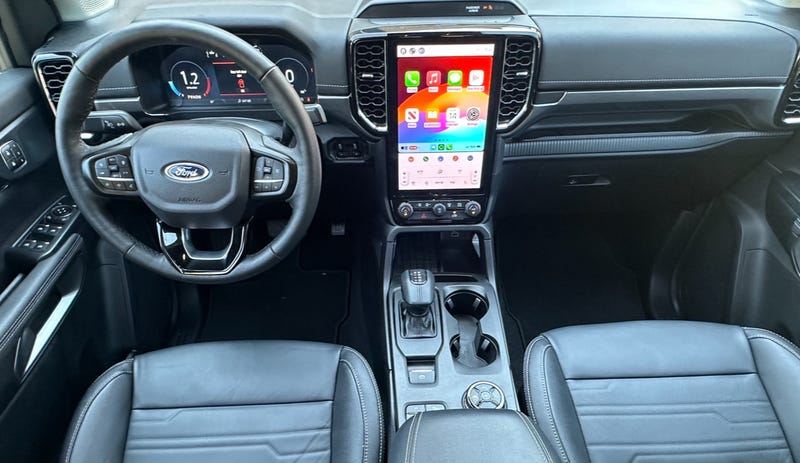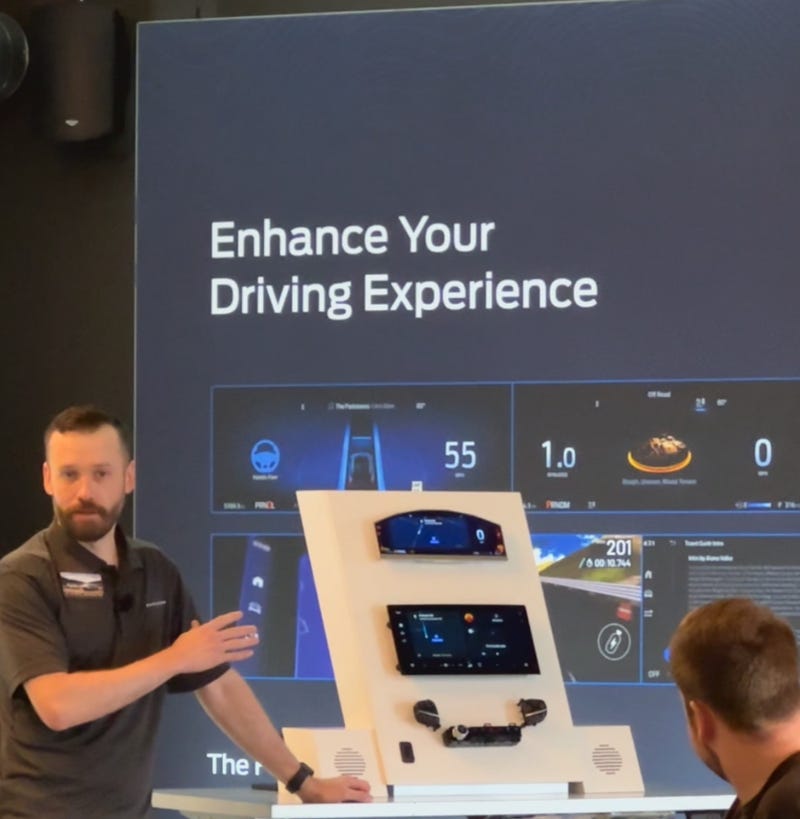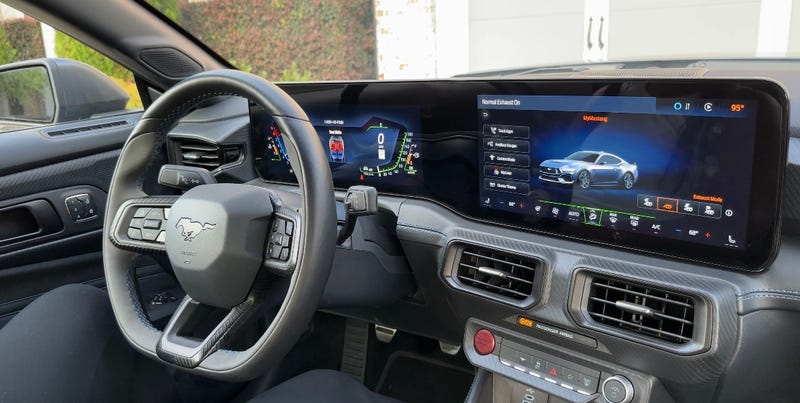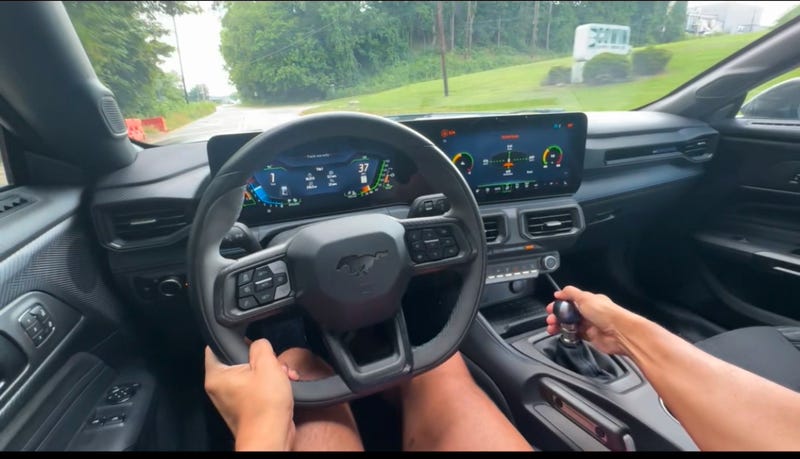
As someone who works in advertising, I appreciate the constant push for creativity and efficiency in reaching consumers. Brands are always looking for innovative ways to engage their audience, but Ford's newly patented in-car system, which listens to conversations and delivers targeted ads, might be crossing a line.
We're used to seeing ads tailored to our online activity. However, having your car eavesdrop to serve ads based on your conversations and location adds a new level of intrusion. This type of system raises serious privacy concerns and could alienate a significant number of consumers who are already wary of companies collecting too much personal data.
The patent describes a system that gathers information from voice commands, the car's GPS, and even the external environment to deliver ads while you're driving. It can detect whether you're talking to someone and decide whether to serve a visual or audio ad based on the conversation's flow. For instance, it might reduce the number of ads when it senses heavy traffic or poor weather conditions. On paper, the goal seems to be balancing ad revenue with minimal disruption, but even that approach feels invasive.

People have grown accustomed to certain levels of advertising in exchange for free services — think social media or streaming platforms —but placing that experience inside a personal space like a car is a very different proposition. The potential for backlash is clear, especially given growing concerns about privacy in today's digital age. Consumers are already skeptical of how much their personal data is being tracked and used, and this kind of system could deepen that mistrust.
Ford's acknowledgment that passengers won't want ads underscores the issue. There's an inherent discomfort with being surveilled, even if it's under the guise of providing a more "personalized" experience. This discomfort is particularly amplified in communities that are more sensitive to privacy and surveillance issues, for whom this kind of monitoring could feel less like a service and more like an intrusion.

While a patent doesn't guarantee that this system will be implemented, it does offer a glimpse into where the company might be headed. With data privacy becoming an increasingly pressing concern, automakers should tread carefully when it comes to innovations that could be perceived as invasive. Technology should enhance the driving experience, not undermine it by turning the car into yet another platform for targeted ads.
In an age where consumers are becoming more protective of their personal information, Ford's system could be seen as a step too far.

Instead of monetizing every minute of a driver's journey, companies should prioritize building trust and ensuring that technology serves the user, not just the bottom line. Brands that fail to respect consumer privacy may soon find themselves on the wrong side of public opinion.
Ford spokesperson: Submitting patent applications is a normal part of any strong business as the process protects new ideas and helps us build a robust portfolio of intellectual property. The ideas described within a patent application should not be viewed as an indication of our business or product plans. No matter what the patent application outlines, we will always put the customer first in the decision-making behind the development and marketing of new products and services.
